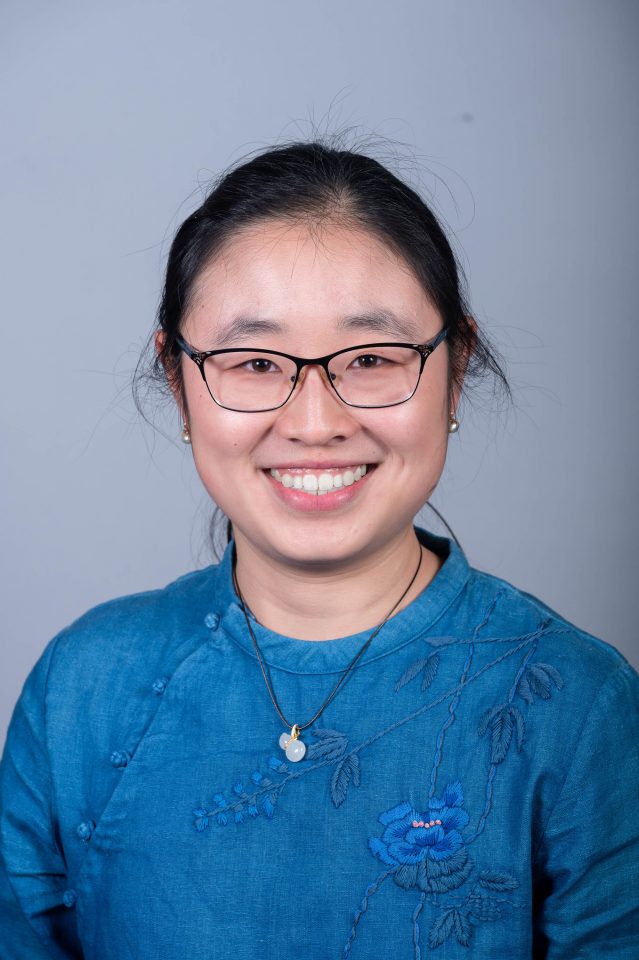November 1st marks the start of Diabetes Awareness Month, and the Stem Cell Network and JDRF Canada are pleased to announce that the application process is now open for the J. Andrew McKee Fellowship Program in Type 1 Diabetes.
Running for the second year, the objective of the J. Andrew McKee Fellowship Program in Type 1 Diabetes is to attract new qualified, promising post-doctoral scientists entering their professional career in the T1D research field to join our centre.
This postdoctoral fellowship award, valued at $60,000, is intended for those in a relatively early stage in their career who wish to pursue stem cell and regenerative medicine research focused on treating and curing type 1 diabetes. The supervisors in the JDRF Centre of Excellence have committed an additional two years of funding support for each recruited Fellow, as such, the successful candidate should anticipate their time at the Centre to be at least three years in length.
2023 Fellowship Awardee

Dr. Sing-Young Chen (Rideout and Johnson labs)
‘The title of my project is ‘Understanding sex differences in beta-cell resilience to stresses associated with type 1 diabetes. In type 1 diabetes, the insulin-secreting beta-cells are subject to many stresses – for example, they are attacked by the immune system and there is a high demand for insulin. Pancreatic islets from females are more resilient to these stresses than islets from males and can survive to keep making insulin. My research seeks to understand and leverage these sex differences with a view to develop cell therapies that will thrive in a T1D environment.
2022 Fellowship Awardee

Dr. Karoliina Toumela (Levings lab)
‘My research focuses on understanding how insulin affects the function of an immunosuppressive type of immune cell, called a regulatory T cell. By combining this knowledge with advanced genetic engineering techniques, we hope to develop a regulatory T cell therapy that is optimised for the islet environment and can effectively control the pathogenic immune responses that lead to type 1 diabetes.’
